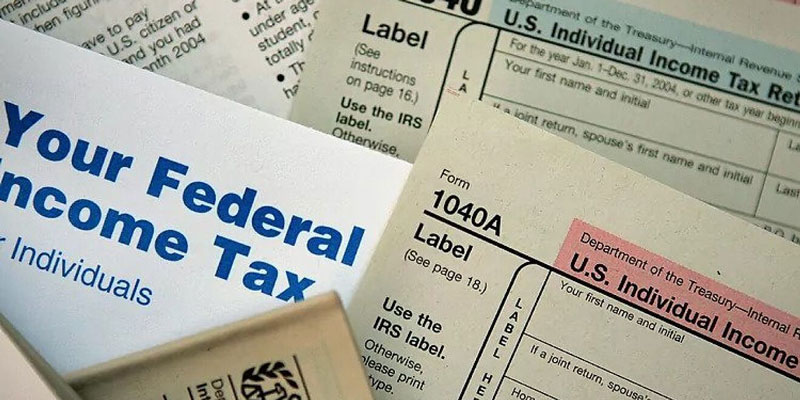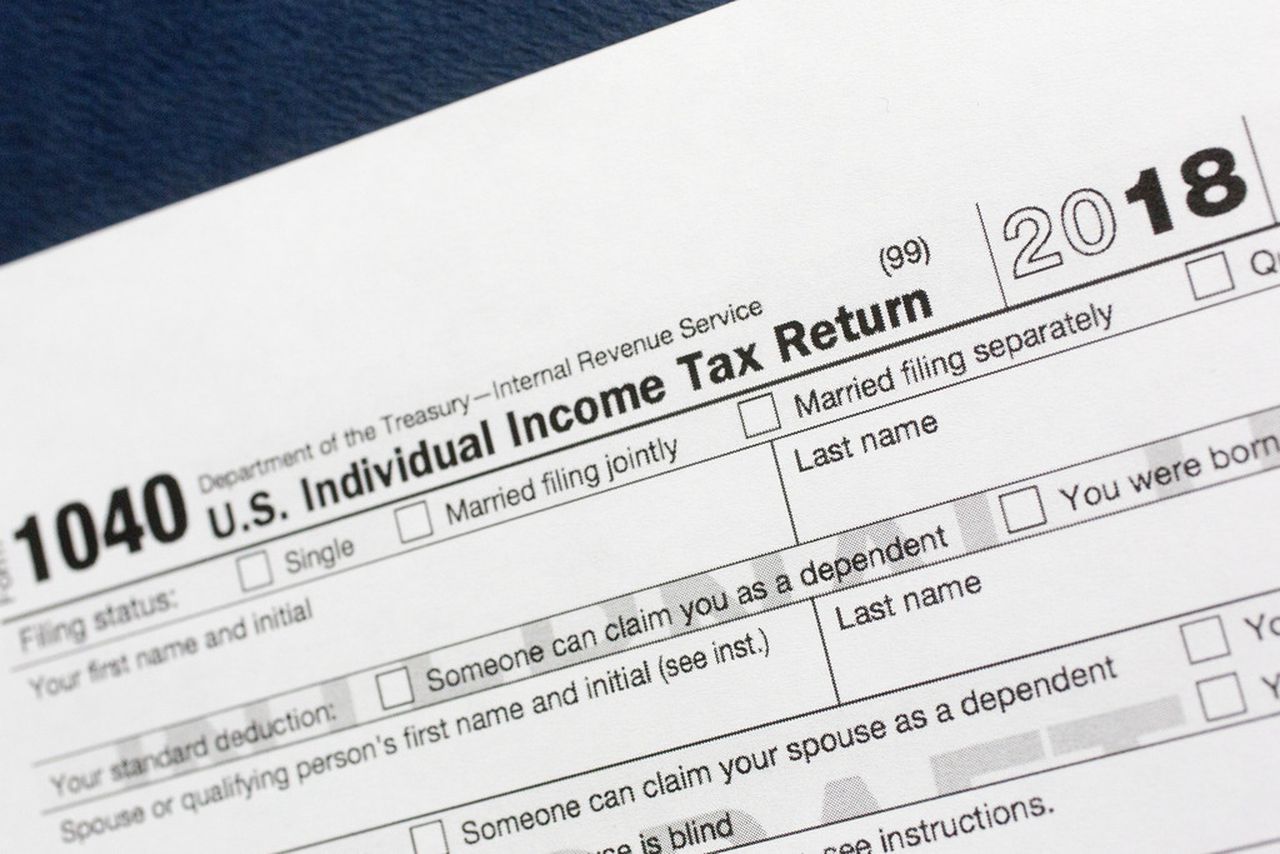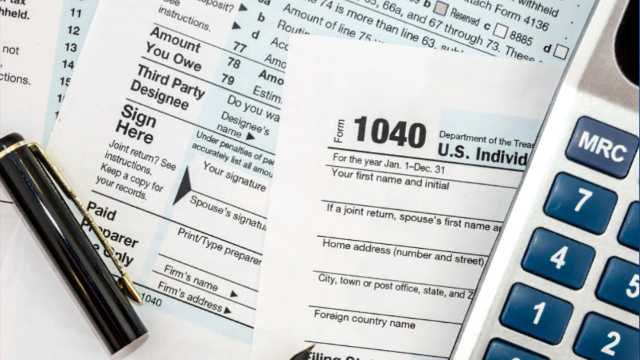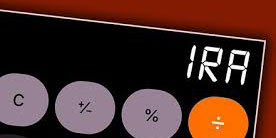
You probably hate tax time because you're normal. However, there is hope if you anticipate a tax refund. Depending on how you file and get your return, the time it takes to receive your money can range from three weeks to a month.
The IRS refund might be used to settle outstanding debts, fill high-interest savings account for unexpected expenses, or consult a financial planner about investment and retirement planning.
When's My Tax Refund?

The average time it takes to obtain a tax refund is 21 days. Refunds received through direct deposit may take up to five business days to become available. It might take a few weeks for your refund cheque to arrive if you decide to request it.
Use the table below to estimate how long it will take to get your refund after submitting your tax return. Bear in mind that these are only estimates. Depending on their filing method, most taxpayers may anticipate receiving their refunds within these time ranges.
If you e-filed your taxes, you might expect to get your refund two weeks after the IRS approves your return, and paper-filed returns will take three weeks to arrive in the mail. However, there might be instances where your wait time is prolonged.
Locating My Refund's Current Standing
Through the IRS website or the IRS2Go app, you may see where your return is in the process with the Where's My Refund? Function. If you file your taxes electronically, you should be able to track the progress of your refund in as little as 24 hours.
If you choose to mail in your tax return, expect to wait at least four weeks before hearing anything about your refund. Remember that January is often the month in which tax returns may be submitted.
Give your SSN, filing status, and the precise amount of your refund to check on its progress. Getting an IRS Error Code 9001 means you entered the wrong Social Security number. Your tax return might be delayed if additional identity verification is needed.
Why Do Refunds Take So Long to Arrive?

You may need to evaluate your tax return further if it takes longer than 21 days to get your refund. If your return was inaccurate or missing information, this might happen. If the IRS requires more data from you to complete your return, it may send you written instructions.
You may also face a wait if you filed for the Earned Income Tax Credit or the Additional Child Tax Credit. The Internal Revenue Service must wait to process tax returns for anyone who claimed such benefits until February 15, per the Protecting Americans from Tax Hikes (PATH) Act of 2015.
When Will I Get My State Tax Return?
Everything discussed thus far is relevant to federal tax refunds. Because each state has its procedures for processing tax refunds, it is impossible to provide an accurate estimate for when each taxpayer will get their state tax return. State-issued reimbursements, however, are frequently received before their federal counterparts.
Although this is not always the case, it does happen frequently. If you submitted your state tax return electronically, you should have your refund within 30 days. It might take up to 12 weeks for your tax refund to arrive if you filed your return on paper. You may check the status of your refund by calling or visiting the website of your state's Department of Revenue.
What Is The Tax Due Date?
The April 15 filing and the payment date are the standards each year. However, due to a legislative holiday in Washington, D.C., tax returns for 2021 had to be submitted by April 18, 2022. Those in the states of Massachusetts and Maine had until April 19, 2022.
Tax returns might be filed for a six-month extension if the taxpayer anticipates being unable to submit them by the original April 15 deadline. Your new tax return due date is October 17, 2022, if you're filing for an extension, but the sooner you submit, the sooner you'll get your refund.
Conclusion
It is best to file your return electronically, double-check for errors, and submit it early. And while you can request a paper check, having your return transferred into a bank account, savings account, or IRA will get it to you much more quickly (IRA). Don't forget to utilize the IRS's Where's My Return? Tool if you're worried about the whereabouts of your tax refund. Your refund status may be tracked in real-time.











